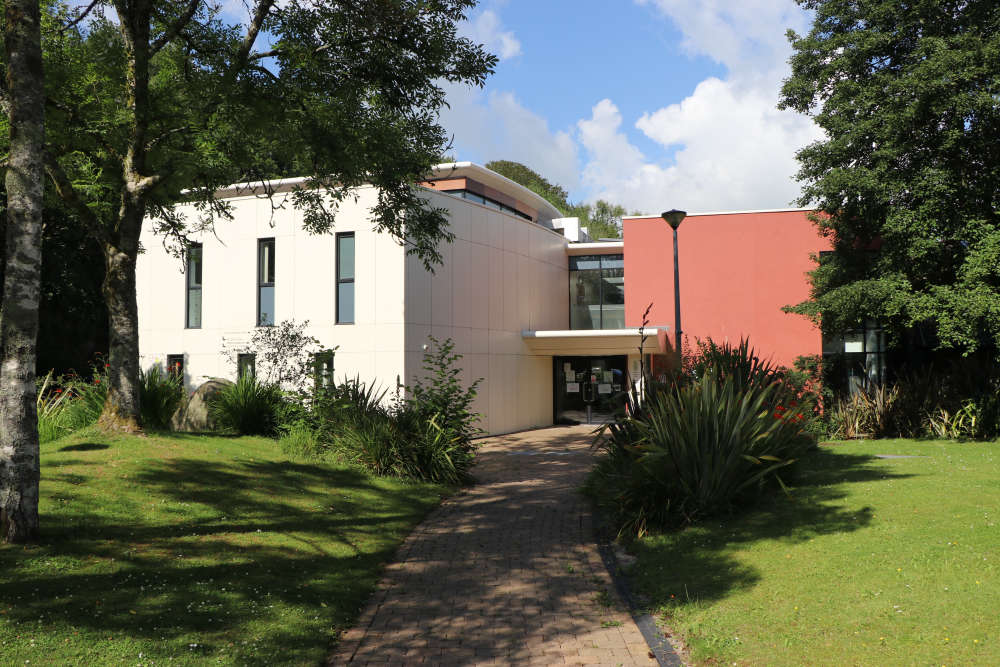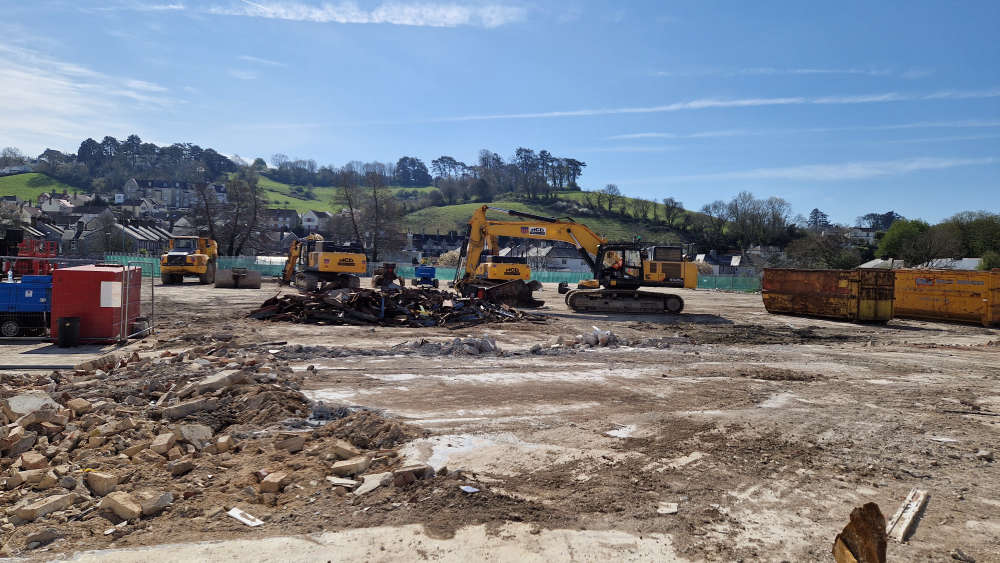
Acute housing issues need addressing
Cash from doubling council tax on second homes in North Devon should be used to address local housing issues and not go elsewhere, that’s the view of local councillors.
North Devon Council along with other local authorities in the county have agreed to increase property tax on second homes from next March which could bring in as much as £5 million countywide.
A report by the Devon Housing Commission recommends that this money is earmarked for addressing housing challenges and infrastructure needs across Devon.
The county’s housing crisis is believed to be exacerbated by the 11,000 second homes, as well as the rising number of empty homes and not enough affordable housing.
Councillors in North Devon welcomed the report, which they said presented an accurate and clear summary of the challenging position in Devon, but want to make sure extra funds are secured for the district.
Cllr Caroline Leaver (Lib Dem, Barnstaple South) said North Devon’s problem were significant, with only 11 per cent of people on the housing register likely to be housed this year because of a shortage of properties, and that money raised by doubling council tax should address local needs.
The council’s strategy and resources committee was told that Devon County Council receives the lion’s share of the council tax and it is for the county to decide how the money is spent, although district councils could make representations.
Cllr Leaver said: “If money is raised in North Devon and we have specific issues, the money should be spent here and not in Kingskerswell in South Devon or elsewhere. I would like to strengthen our position on that.”
The committee agreed to lobby the county council to ensure the money comes to North Devon.
The district currently has 3,673 second homes and holiday lets, which equates to seven per cent of properties, but in coastal areas like Mortehoe, Woolacombe and Georgeham near Braunton nearly 50 per cent of homes come into that category.
The council’s chief executive Ken Miles said the cash could be used collectively to solve some of the issues in the county.
“I understand the wish to get it earmarked for our district, but some of the pressures on our system are countywide and not just in North Devon.
“For example, providing accommodation in Torridge for care leavers will also benefit our care leavers. At the end of the day, it will be a political and financial issue for the county council to decide.”
The Devon Housing Commission report contains recommendations for adoption by local authorities, centre government, the proposed Devon and Torbay combined local authority and Homes England.
The recommendations for local councils include employing dedicated housing officers to work with developers, social housing providers and across boundaries, prioritising local need over open-market demand in the planning system and increasing social rented homes and community land trusts.
The report, established by the Devon Housing Task Force made up of the 11 Devon local authorities, and supported by the University of Exeter, says the housing emergency in Devon is caused by high house and rental prices and lower incomes.
House prices are inflated by people moving from more expensive areas. Middle-aged and older people are moving in while younger people are leaving, resulting in employers having difficulties filling vacancies and key workers being unable to afford to live near their place of work.
The commission, led by Lord Richard Best, said the popularity of services such as Airbnb are responsible for properties being switched from longer-term lets, severely impacting people who need to rent.
It believes that switching from long-term to short-term lets is a key reason for the fall of 50 per cent in private lettings across the county, and by as much as 67 per cent in North Devon alone between 2019 and 2021.
“There is a real housing crisis in this county,” said Lord Best. “The problem is an acute shortage of homes affordable for the next generation.
“Homeownership is beyond the reach of first-time buyers and it is virtually impossible for those on average incomes or less to obtain a rented home that is both available and affordable. Devon is simply running out of any housing options.”
Councillors in North Devon said they were glad that Ilfracombe had been used as a case study in the report for the challenges it faced with poor quality housing, a weakness in the labour market, limited opportunities for residents and inadequate public transport.
The report says people move to the town because it is affordable because of a high number of houses of multiple occupations (HMOs) but this type of accommodation traps people in poor employment and life outcomes.
 Students connect with elderly residents to combat loneliness
Students connect with elderly residents to combat loneliness
 Crackdown on anti-social behaviour in Plymouth
Crackdown on anti-social behaviour in Plymouth
 £1.6 million for more energy efficiency Devon home upgrades
£1.6 million for more energy efficiency Devon home upgrades
 SWW to build huge new Churston solar farm
SWW to build huge new Churston solar farm
 MP highlights Devon's dentistry 'crisis'
MP highlights Devon's dentistry 'crisis'
 Work on ‘once-in-a-generation’ Newton Abbot project back on track
Work on ‘once-in-a-generation’ Newton Abbot project back on track
